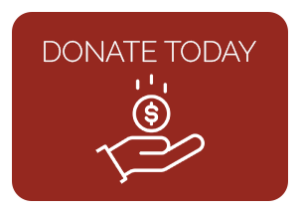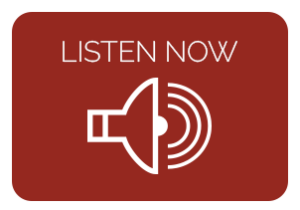American Dream
Pronunciation
Extremist Definition
Extremist interpretations of the American Dream promote a divisive and exclusionary vision, often reserving the concept exclusively for one racial, ethnic, or cultural group[1][2]. This ultra-nationalistic perspective disregards the idea of universal opportunity. Furthermore, an extremist view can embody a hyper-individualistic viewpoint that prioritizes absolute personal gain or wealth over community or collective well-being[2]. This can extend to a militant freedom narrative, advocating for unfettered liberties and a complete rejection of government laws or regulations, even at the expense of societal order or equality[2][3].
Extremist Motive
Extremist groups manipulate the concept of the American Dream as a dog whistle to advance their agendas:
- Justifying Exclusion or Supremacy: By redefining the American Dream to align with a particular racial, ethnic, or cultural group, extremists promote exclusionary or supremacist ideologies, gaining support among like-minded individuals.
- Advancing Political Agendas: They rally followers around radical policies or goals by exploiting fears, grievances, or social divisions.
- Rejecting Authority: Extremists with a hyper-individualistic or anti-government view use these definitions to justify rejecting regulations, laws, or societal norms they perceive as oppressive.
- Creating a Sense of Belonging: They leverage radical interpretations to foster unity and identity among followers, presenting themselves as defenders of an “authentic” or “true” American Dream.
Extremist Real-World Examples
- The Threatcasting Report 2021 – Extremism details how extremist groups articulate and promote their exclusionary or hyper-individualistic versions of the American Dream to radicalize individuals and justify their actions[2].
- The New York Times article, “How a Storied Phrase Became a Partisan Battleground,” illustrates how political factions, including extremist elements, have reappropriated the term to align with their specific, often divisive, ideologies, transforming it into a tool for partisan conflict[1].
- The GOP statement, “Joe Biden’s America is not the American Dream,” demonstrates how a political party utilizes the concept of the American Dream in partisan rhetoric to criticize opposing administrations, potentially aligning with certain interpretations by framing a particular vision as the only “true” American Dream[3].
Proper Definition:
A rational definition of the “American Dream” centers on the idea of equality and opportunity, suggesting that regardless of background, everyone has the chance to achieve success through hard work, perseverance, and determination[4][5]. It embodies values of individual liberty, financial stability, social mobility, and personal fulfillment[4]. These principles are not fixed and can evolve but remain rooted in ideals of fairness and possibility, including equal access to opportunities regardless of race, gender, or social class, and the hope that future generations will live a better life[4].
Boiled Down Meaning
All people should have equal opportunities for personal and professional freedom, success, and well-being regardless of their age, race, creed, spiritual beliefs, sexual orientation, or disability.
Examples of Proper Use:
- “Many immigrants come to the United States seeking the American Dream, hoping for better economic opportunities and a brighter future for their children.”
- “The American Dream is often associated with homeownership and the ability to build wealth through hard work.”
- “Despite challenges, the pursuit of the American Dream continues to motivate individuals to strive for upward economic mobility.”
- Public discourse and polling often explore the current state and accessibility of the American Dream, analyzing whether it is in crisis or how different demographics perceive their ability to achieve it[6][7].
Examples of Other Terms:
- Immigration Stories
- Economic Mobility
- Equal Opportunity
- Generational Advancement
- American Exceptionalism
These concepts are often discussed in relation to the American Dream[4][5].
Additional Notes
The interpretation and attainability of the American Dream are subjects of ongoing public discourse. While traditionally associated with upward mobility and prosperity, discussions increasingly acknowledge disparities in access to opportunities based on various demographic factors.
See also
- Immigration Stories
- Economic Mobility
- Equal Opportunity
- Generational Advancement
- American Exceptionalism
References
- ^https://www.nytimes.com/2022/07/28/us/politics/american-dream-republicans-democrats.html
- ^https://prod-sw-cdn.s3.amazonaws.com/s3fs-public/2023-01/Threatcasting%20Report-2021-Extremism.pdf
- ^https://gop.com/news/joe-bidens-america-is-not-the-american-dream-rnc-research
- ^https://en.wikipedia.org/wiki/American_Dream
- ^https://www.merriam-webster.com/dictionary/American%20Dream
- ^https://www.usatoday.com/story/news/nation/2023/11/17/american-dream-in-crisis-poll/71616853007/
- ^https://www.pewresearch.org/social-trends/2022/01/27/the-american-dream-is-alive-but-harder-to-achieve-for-some/




